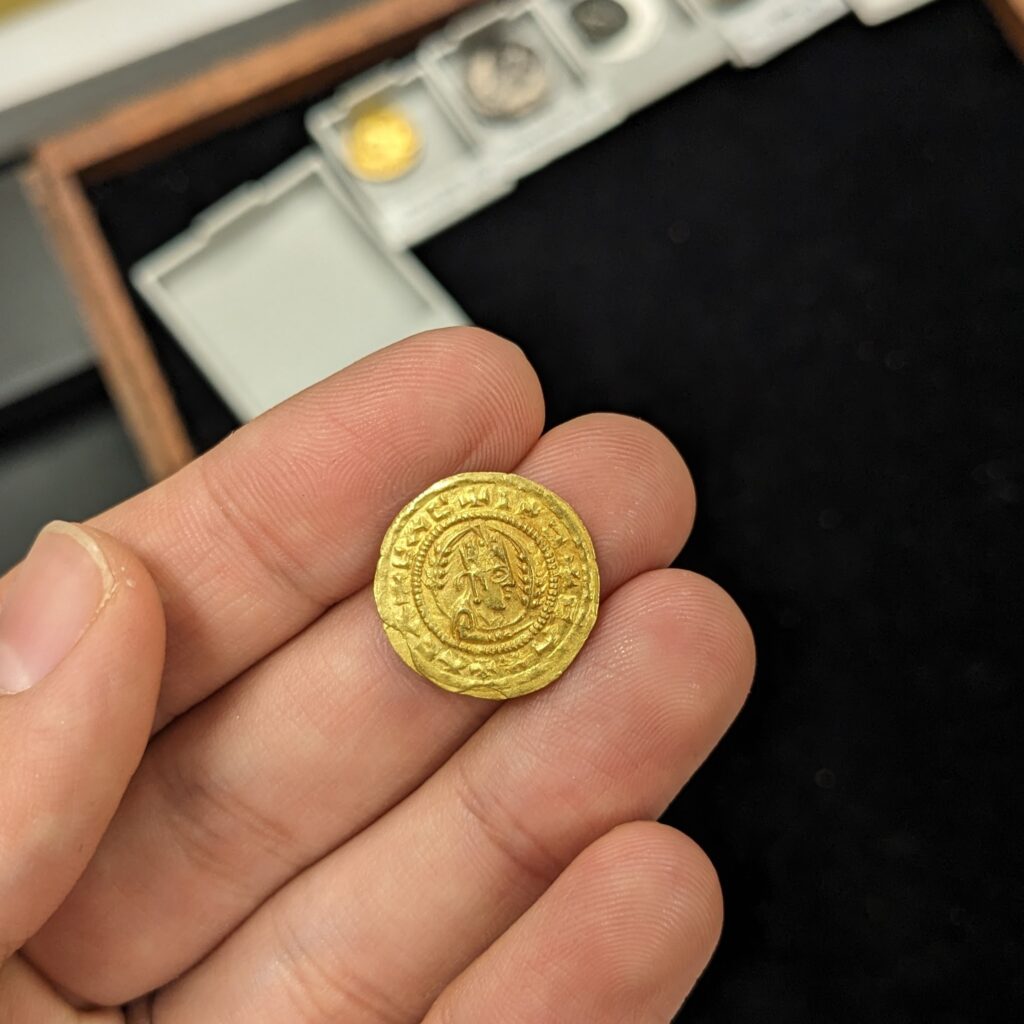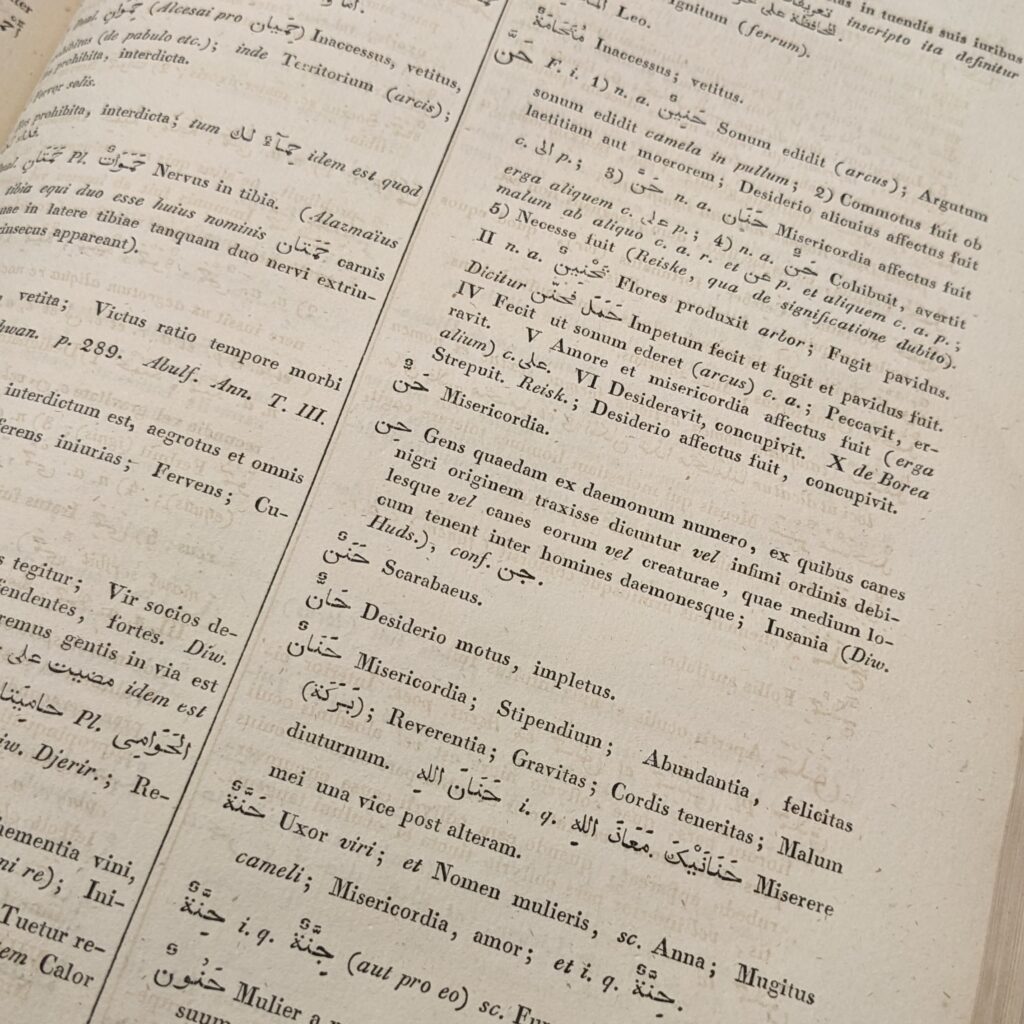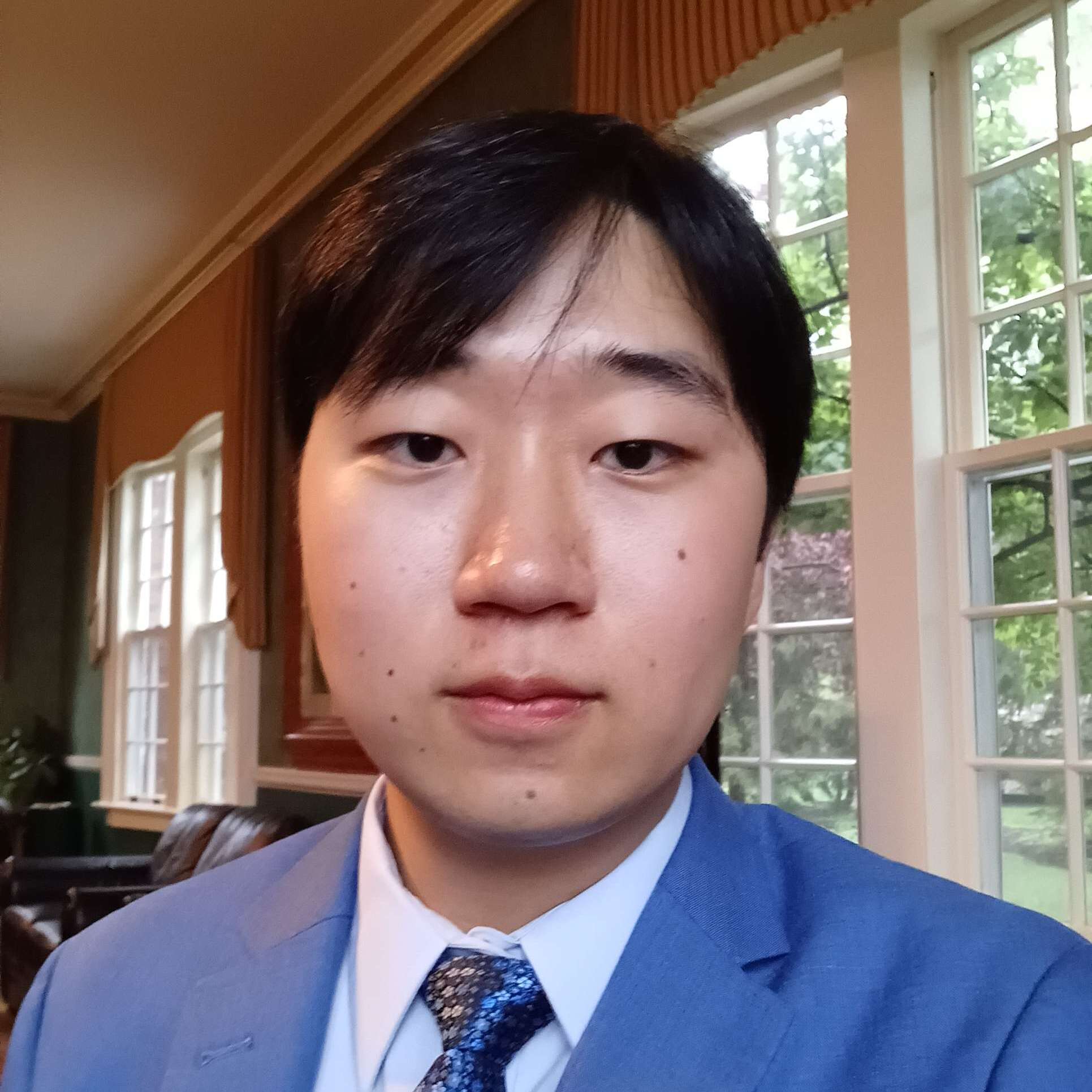
The senior thesis is a hallmark of the Princeton experience, giving students the opportunity to conduct original research under the mentorship of a faculty adviser. Every senior is required to write a thesis, with the exception of Computer Science majors in the Bachelor of Science in Engineering (B.S.E.) degree program. Instead, these students are required to undertake a substantial independent project, called independent work (IW), which can take the form of a traditional one-on-one project with an adviser, an IW seminar where a small group of students independently conduct projects tied to the seminar’s main theme, or an optional senior thesis.
In 2022, I interviewed Shannon Heh ’23 about her experience in an IW seminar, where she highlighted the structure and guidance the professor and course seminar. This year, I wanted to explore the perspective of a B.S.E. Computer Science student who pursued a different option: the one-on-one IW project.
Anna Calveri ’26 stood out as the perfect person to speak with, not just because of her exciting research at the Princeton Vision & Learning Lab led by Professor Jia Deng, but also because she began her project during the summer as a ReMatch+ intern and built on it during the fall semester. While many students only work on their IW within a single semester, Anna’s approach of extending her research across both the summer and fall gave her the chance to deepen her research and hit the ground running with impressive progress.
Continue reading Computer Science Independent Research: A Conversation with Anna Calveri ‘26









